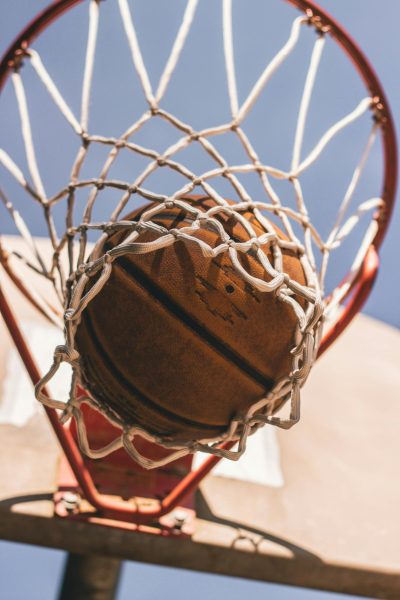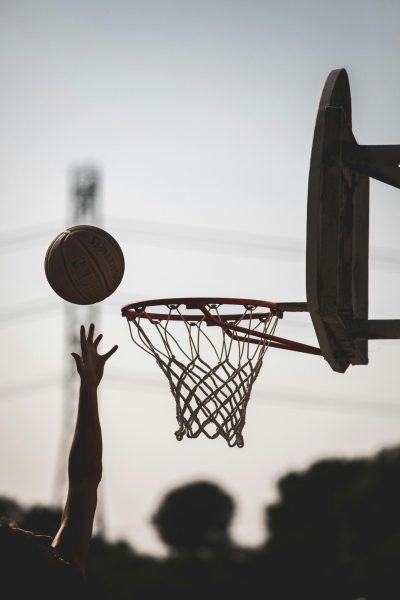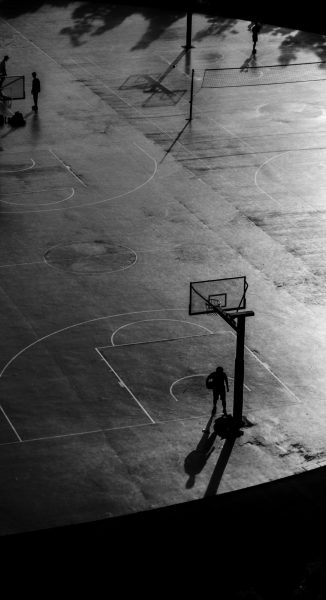Eteri Tutberidze’s Many Figure Skating Coaching Scandals
Despite producing the most winners, Tutberidze is once again exposed for her methods
NOELLE AVENA
For the last decade, Russian coach Eteri Tutberidze has haunted every season, peering at the ice from the boards and sitting in the kiss and cry with a revolving door of new female skaters.
This year, she brought three of her skaters to the Olympics- 15-year-old Kamila Valieva, and 17-year-olds Alexandra Trusova and Anna Shcherbakova. Another ROC drugging scandal recently hit headlines. This time it was her youngest skater present, Valieva, also the obvious favorite for gold, who tested positive for trimetazidine. While this is shockingly sad, it’s not necessarily shocking behavior for this coach. Her reputation includes a lot of petty drama with other coaches, but entangled in all of that are serious claims made against her by former students.
It cannot be understated just how successful her students have been in competitive skating. Her three biggest names prior to the 2022 Olympics would be Yulia Lipnitskaya, Evgenia Medvedeva, and Alina Zagitova. Each of these girls captured world audiences, and Olympic medals, and retired as quickly as they came on the ice. Each of her prodigies has the same expiration date: 17. During puberty, a skater’s center of balance changes. This means re-learning almost everything, for some skaters even down to the most simple jumps and spins. Some coaches work through this and plan for the long run, but that means precious competition time lost, and for women, their skating careers are already shorter than men’s. It’s awkward, timing-wise, when a female skater competes for a few years, disappears to re-train, and reappears at 19 or 20.
Tutberidze capitalizes on, and tries to lengthen, the window before her skater’s bodies change. Some of them reach their peak in their skating careers around only 13 or 14, not even in the senior division, but competing with adults in the competitions where it’s possible. When Tutberidze’s girls do compete, they win, and by a lot. Due to the privacy of her coaching, there are only tidbits, but they’re highly controversial.
Former skaters of hers testified that she put them on diets of powdered nutrients and forbade them from drinking water the day of competition. This isn’t for aesthetics, it’s for performance. There are two ways a skater can land a quad jump- be as strong as Nathan Chen, or be so light you don’t need the muscle. Tutberidze is one of the only coaches who publicly succeeds with the second method. The issue is, the girls’ bodies can’t support quad jumps without muscle and food, and many have retired after dominating every podium for one or two seasons, citing back issues. Their debilitating back issues come from pre-rotation, a dangerous technique practice that utilizes the back to begin jump rotation before the skater leaves the ice instead of properly in the air. Tutberidze’s skaters, trained without muscle, pre-rotate, as do many other Russian skaters. This gets their rotations in to win points, but it breaks down their bodies.
Despite this coach’s constant controversies, the ISU, International Skating Union, is notorious for never really banning anyone from the sport. There has never been a judge, even those who were caught rigging competitions, permanently banned from judging. This is because the ISU allows countries to send their own judges and representatives, and Russia supporting Tutberidze and supporting her through their ISU representatives has always been profitable.
Valieva’s doping scandal may or may not take her gold medal, but it’s one of many rumors about her coach. As long as Tutberize’s skaters keep winning, there will be many turning blind eyes to keep her at the helm of the ladies’ discipline.
Your donation will support the student journalists of East Lyme High School. Your contribution will allow us to purchase equipment and cover our annual website hosting costs.




